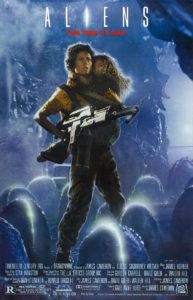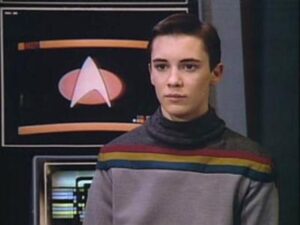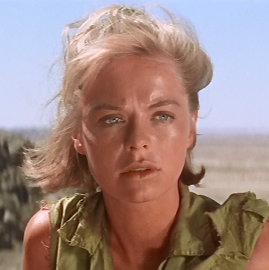From 1993 thru its conclusion in 1998 I watched J. Michael Straczynski’s (JMS) sci-fi saga Babylon 5. The series followed the events on the last of the Babylon stations conceived and constructed in the aftermath of a devastating stellar war as various races tried to form a lasting peace amid a struggle between light and dark, order and chaos, that had lasted eons. For many American 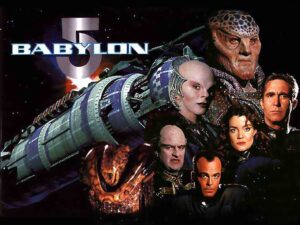 the series was their introduction into serious long form television where the entire run of the show was meant to tell one large grand story, something that in today’s era of prestige television is not only common but expected.
the series was their introduction into serious long form television where the entire run of the show was meant to tell one large grand story, something that in today’s era of prestige television is not only common but expected.
With the flowering of prestige television is perhaps no surprise that the studio with the rights to Babylon 5, Warner Brothers, and who has a streaming service needing content, HBO Max, has announced its intent to reboot the franchise sitting in its vaults, even bring back the show’s original creator and writer JMS, to helm it once more.
Full disclosure I was fan, as I stated I watched the entire run of the series, cosplayed as a character at WorldCon, and even conceived of a dark episode with a writing partner but I think it would be prudent, wise, and in the show’s best interest if JMS this time refrained from writing nearly the entire series, nearly every script, himself, and turned that duty over to others.
JMS created a grand and fascinating setting, his characters have deep and conflicted inner lives, he possesses a rare talent, the ability to fully realize characters that are diametrically opposed to his own thinking without turning them into strawman arguments. He should show-run any reboot.
However, JMS has some glaring weaknesses as a writer. His dialog can be blunt and lacking subtly. Perhaps more importantly his handling of exposition is clumsy. During the series’ run I often referred to his ‘Exposition truck’ because of how often and blatantly the unfolding story would stop while characters ran us over with terrible, truly awful, exposition. Then once we had been left dead in the road from this writing hit-and-run, the script would gamely try to get momentum back into the story.
Because of mistreatment and disrespect by the people making feature films talented writers with tremendous gifts have been moving to television and we are so rich for it. JMS should seize this talent for his series and relinquish any scripting crafting duties himself.
My SF/Noir Vulcan’s Forge is available from Amazon and all booksellers. The 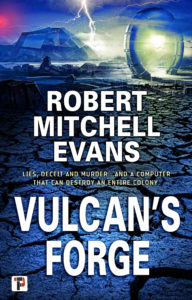 novel is dark, cynical, and packed with movie references,
novel is dark, cynical, and packed with movie references,

